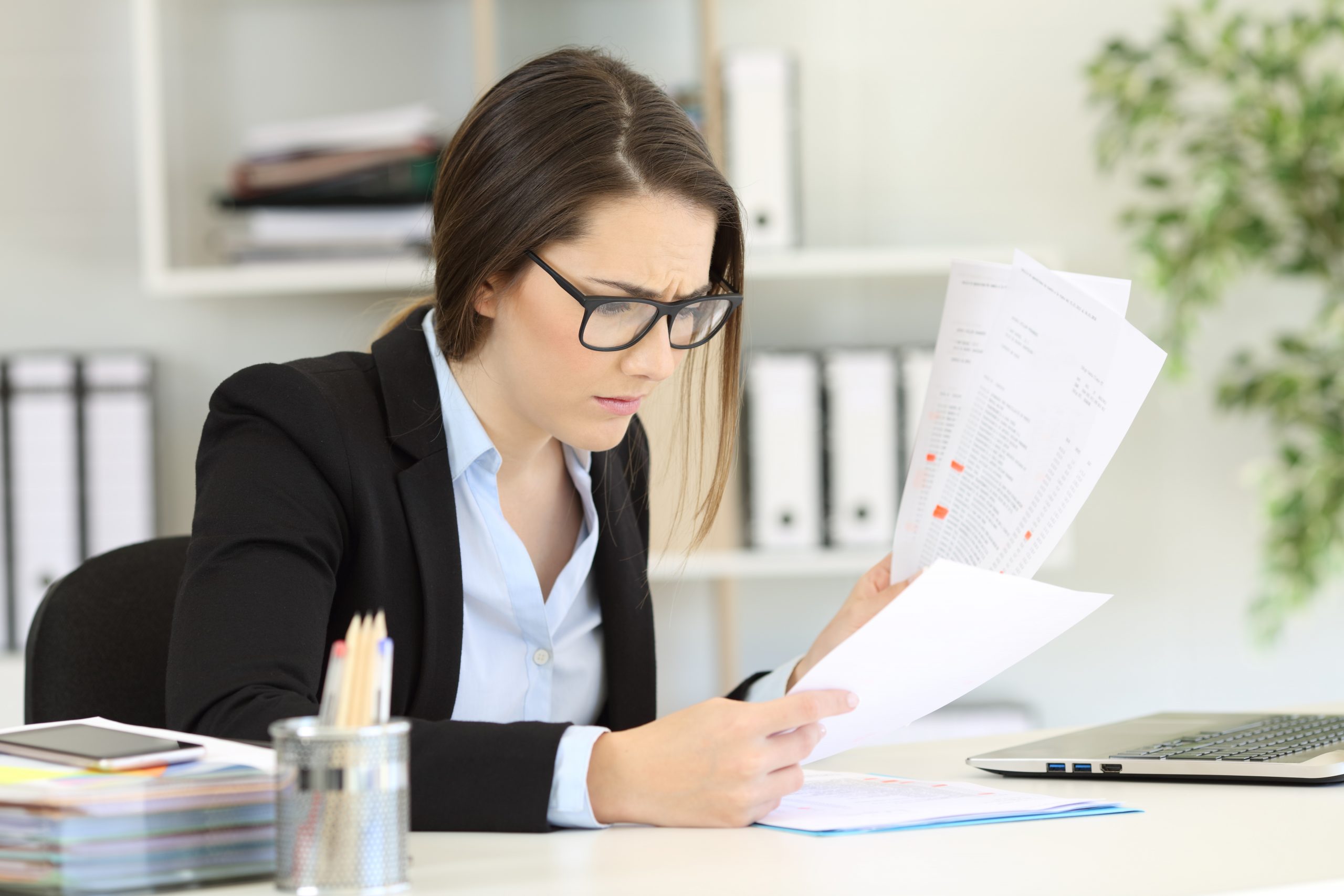A self assessment can seem daunting, but fortunately the process is fairly straightforward for the vast majority. And if you have kept accurate records such as bank statements, receipts and tax forms such as your P60, completing and filing your tax return should be a breeze.
Who needs to do self assessment?
Self assessment tax returns are for taxing untaxed personal income, so if your only income is taxed by PAYE then you almost certainly won’t need to submit a tax return. However you must submit one if, in the tax year (6 April to 5 April), you were:
- self-employed as a ‘sole trader’ and earned more than £1,000
- a partner in a business partnership
You may need to send one if you have any other untaxed income, such as:
- dividend income from a limited company
- money from renting out a property
- tips and commission
- income from savings or investments (excluding ISAs)
- foreign income
If you’re not sure, use the HMRC tool to check if you need to send one.
What do I need to do?
You will need to have on hand your records for your income during the relevant period (6 April to 5 April) such as:
- Your P60, P11D and/or P45 forms, if you were earning a salary or wages
- Details of dividends you received from your limited company, if you were a director (if you withdrew money as a director’s loan, this does not need to be declared as it will be paid back)
- Amount of profit (or loss) you made as a sole trader
- Statements from your bank or building society account(s) showing interest income
- Details of rental income and expenses from properties you own
- Details of income from property or shares you have sold
Your records are for your own use, and do not need to be submitted with your tax return, however sometimes HMRC may request to see them and check. You should make sure you keep your records for at least 22 months after the end of the tax year. Self-employed individuals should retain their records for much longer – at least 5 years after the submission deadline. If you missed the deadline, you must keep the records for 15 months after you sent your return.
What are the deadlines?
As well as submitting your return, if you’re new to self assessment you will need to register for it first.
For the previous tax year (6 April 2018 to 5 April 2019) the deadlines are (or were):
- Register for self assessment – 5th October 2019
- Paper self assessment tax returns due – 31st October 2019
- Online tax returns due – 31st January 2020
- Payment due for tax owed – 31st January 2020
 Where can I find more guidance?
Where can I find more guidance?
The HMRC website has notes for every stage of self assessment if you are submitting your return yourself – alternatively there are online software packages available that will guide you step-by-step. Your accountant will usually be able to answer any questions you have, but if you do not have an accountant, feel free to contact us at Exonia Consulting for more information.


